Table of Contents
- Introduction
- Importance of Water
- Choosing Low-Sodium Foods
- Emphasizing Plant-Based Proteins
- Incorporating Antioxidant-Rich Foods
- Balancing Potassium Intake
- Limiting Phosphorus-Rich Foods
- Moderating Protein Consumption
Introduction
Maintaining optimal kidney health is essential for overall well-being. A healthy kidney function can be achieved through various lifestyle choices, including consuming a well-balanced diet. This article aims to provide an in-depth understanding of the best foods to eat to promote kidney health and prevent kidney-related issues.
1. Importance of Water
Staying properly hydrated is vital for supporting kidney function. Drinking an adequate amount of water throughout the day helps flush out toxins and waste products, promoting kidney health.
Importance of Water
Water is an essential component of a healthy lifestyle. It plays a crucial role in maintaining optimal kidney function and overall well-being. Here are some key reasons why water is important for our kidneys:
- Hydration: Water keeps our body hydrated and helps in the proper functioning of all organs, including the kidneys.
- Toxin elimination: Drinking enough water aids in the elimination of waste and toxins from the body through urine. It helps to prevent the formation of kidney stones and reduces the risk of urinary tract infections.
- Regulates blood pressure: Sufficient water intake helps regulate blood pressure, reducing the strain on the kidneys and promoting their health.
- Transportation of nutrients: Water is responsible for transporting vital nutrients and minerals to the kidneys and other organs.
- Prevents dehydration: Dehydration can lead to kidney damage. By staying well-hydrated, we protect our kidneys from potential harm.
Best Foods for Healthy Kidneys
A balanced diet plays a significant role in maintaining kidney health. Including the following foods in your diet can promote kidney function:
- Berries: Blueberries, strawberries, and cranberries are rich in antioxidants, which help reduce inflammation and protect the kidneys.
- Leafy Greens: Foods like spinach, kale, and broccoli are packed with essential vitamins, minerals, and antioxidants that promote kidney health.
- Fish: Fatty fish, such as salmon and mackerel, contain omega-3 fatty acids, which reduce inflammation and protect against kidney disease.
- Garlic: Garlic has anti-inflammatory properties and may help lower the risk of kidney disease by improving kidney function.
- Whole grains: Foods like brown rice, whole wheat bread, and quinoa are excellent sources of fiber and provide a steady release of energy without burdening the kidneys.
Remember to consult with a healthcare professional or a registered dietitian for personalized advice on maintaining kidney health and appropriate water consumption.
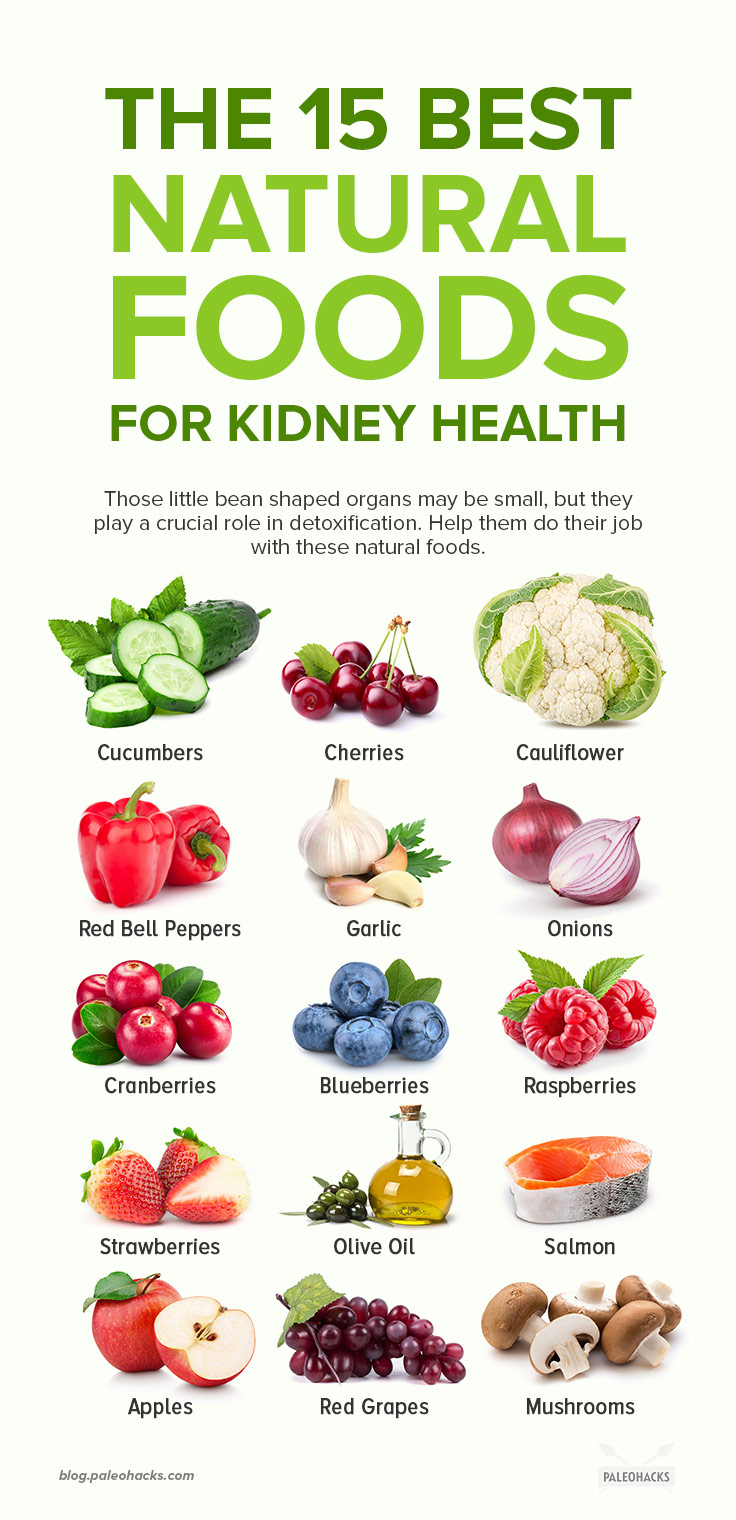
2. Choosing Low-Sodium Foods
Excessive sodium intake can lead to high blood pressure and harm the kidneys. Opt for low-sodium alternatives and reduce the use of salt in your cooking to maintain healthy kidneys.
Choosing Low-Sodium Foods
When it comes to maintaining healthy kidneys, it is important to choose the right foods. Consuming low-sodium foods is one of the best practices to support kidney health. High levels of sodium in the diet can increase blood pressure and put strain on the kidneys.
Why Low-Sodium Foods?
Low-sodium foods help to maintain proper fluid balance and blood pressure levels in the body. These foods are especially important for individuals with kidney-related conditions or those looking to promote optimal kidney function.
Best Foods for Healthy Kidneys
Here are some of the best low-sodium foods to include in your diet:
- Fresh fruits and vegetables: These provide essential vitamins, minerals, and fiber while being naturally low in sodium.
- Whole grains: Foods like whole wheat, oats, and brown rice are excellent sources of fiber and other nutrients with low sodium content.
- Lean proteins: Opt for lean cuts of meat, poultry, fish, or plant-based proteins like beans and lentils, as they are lower in sodium compared to processed meats.
- Low-fat dairy products: Choose low-fat or skim milk, yogurt, and cheese to ensure adequate calcium intake without adding excess sodium.
- Herbs and spices: Flavor your dishes with herbs and spices instead of salt to reduce sodium intake while still enjoying tasty meals.
- Limit processed foods: Processed foods such as canned soups, sauces, and snacks are usually high in sodium. Avoid them or opt for low-sodium alternatives.
Remember to consult with a healthcare professional or registered dietitian for personalized dietary recommendations tailored to your specific kidney health needs.
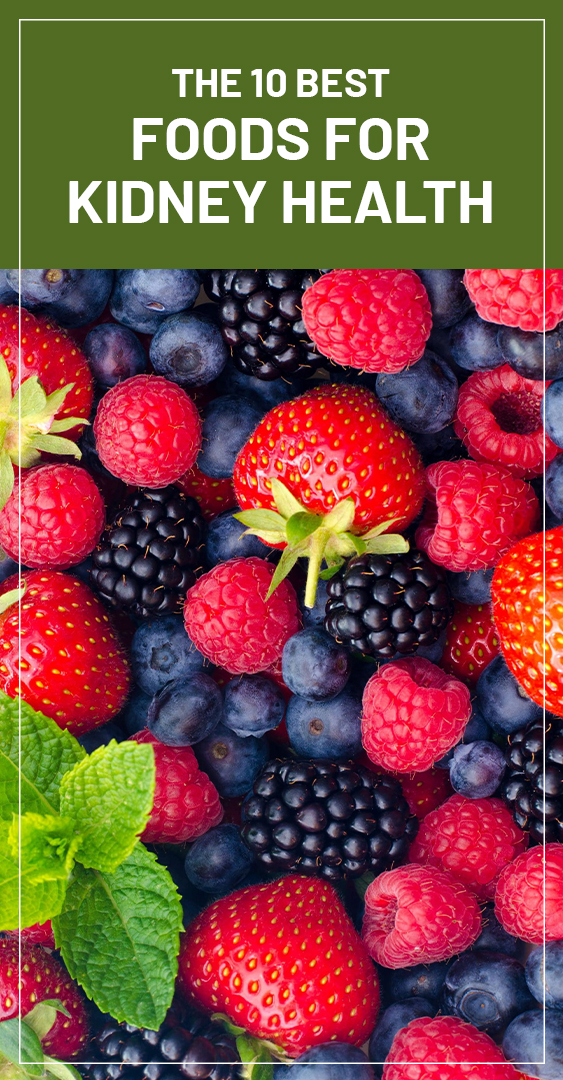
3. Emphasizing Plant-Based Proteins
Incorporate plant-based protein sources such as legumes, tofu, and quinoa in your diet. These options are lower in phosphorus and may be beneficial for individuals with kidney issues.
Maintaining kidney health is essential for overall well-being. One way to support healthy kidneys is by emphasizing plant-based proteins in your diet. These proteins are not only beneficial for your kidneys but also provide a range of other health benefits. Let's explore the best foods to eat for healthy kidneys.
1. Legumes
Legumes such as lentils, beans, and chickpeas are excellent sources of plant-based protein. They are low in sodium and contain high amounts of fiber, which helps regulate blood sugar levels. Legumes are also rich in antioxidants and essential minerals, such as potassium and magnesium, that contribute to kidney health.
2. Nuts and Seeds
Incorporating nuts and seeds into your diet can provide a significant protein boost. Options like almonds, chia seeds, and flaxseeds offer healthy fats, fiber, and various vitamins. Additionally, they are low in sodium and high in antioxidants, which reduce inflammation and protect kidney cells.
3. Whole Grains
Whole grains like quinoa, brown rice, and oats offer substantial amounts of plant-based protein. These grains are also high in fiber and low in sodium, promoting a healthy digestive system and reducing the risk of chronic kidney disease. Additionally, whole grains contain essential nutrients, such as B vitamins and iron, which support kidney function.
4. Leafy Greens
Leafy green vegetables like spinach, kale, and Swiss chard are packed with vitamins, minerals, and plant-based proteins. They are low in potassium, making them kidney-friendly. Leafy greens also contain antioxidants and phytochemicals that protect against oxidative stress and reduce the risk of kidney stones.
5. Berries
Berries such as blueberries, strawberries, and raspberries are not only delicious but also great for kidney health. They are low in potassium and high in antioxidants, which help combat inflammation and promote optimal kidney function. Berries are also rich in vitamins C and K, as well as fiber, making them an excellent addition to a kidney-friendly diet.
Prioritizing plant-based proteins in your diet can significantly benefit your kidneys' health. Incorporating legumes, nuts and seeds, whole grains, leafy greens, and berries provides a well-rounded nutrient profile while supporting kidney function. Remember to consult with a healthcare professional or a registered dietitian to create a personalized plan that suits your specific needs.
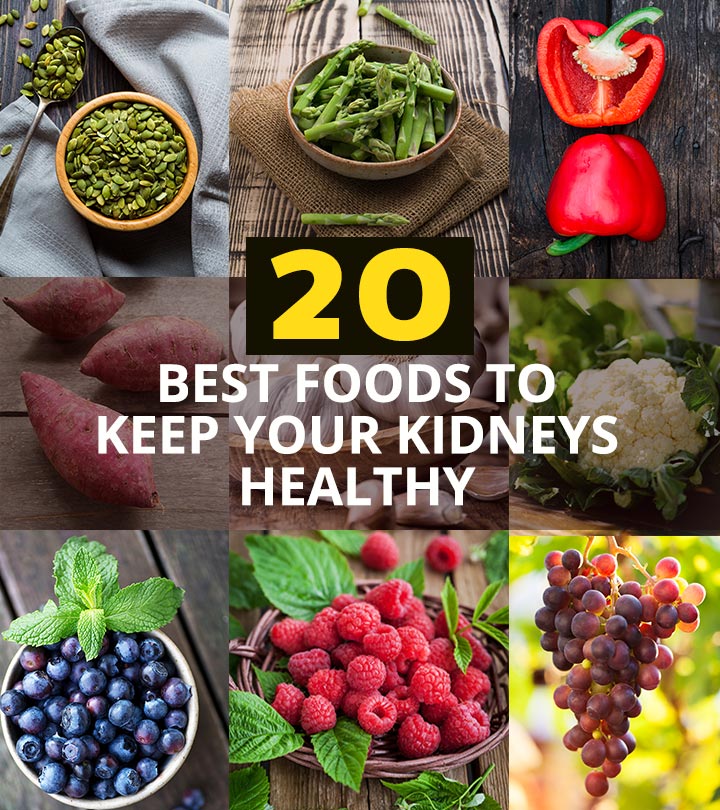
4. Incorporating Antioxidant-Rich Foods
Antioxidants help protect the kidneys from oxidative damage. Include colorful fruits and vegetables like berries, bell peppers, and leafy greens, as they are packed with antioxidants.
Maintaining a healthy diet is crucial for maintaining good kidney health. Antioxidant-rich foods can provide numerous benefits in promoting kidney function. Here are some of the best foods to include in your diet for healthy kidneys:
1. Berries
Berries such as blueberries, strawberries, and cranberries are packed with antioxidants that help reduce inflammation and protect against kidney damage. They are also low in sodium and high in fiber, making them an excellent choice for maintaining kidney health.
2. Leafy Green Vegetables
Leafy greens like spinach, kale, and Swiss chard are excellent sources of antioxidants, vitamins, and minerals. They help promote kidney health by reducing the risk of kidney stones and improving overall kidney function.
3. Fish
Fatty fish such as salmon, mackerel, and tuna are rich in omega-3 fatty acids, which have anti-inflammatory properties. Incorporating these fish into your diet can help reduce inflammation in the kidneys and protect against kidney disease.
4. Garlic
Garlic is known for its various health benefits, including promoting kidney health. It contains antioxidants that help reduce inflammation and oxidative stress in the kidneys. Including garlic in your meals can be beneficial for maintaining healthy kidneys.
5. Red Bell Peppers
Red bell peppers are not only a colorful addition to your plate but also a great source of antioxidants like vitamins A and C. They help reduce inflammation and improve kidney function.
By incorporating these antioxidant-rich foods into your diet, you can support healthy kidney function and reduce the risk of kidney-related issues. However, it is essential to consult with a healthcare professional or a registered dietitian to determine the most suitable dietary plan for your individual needs.
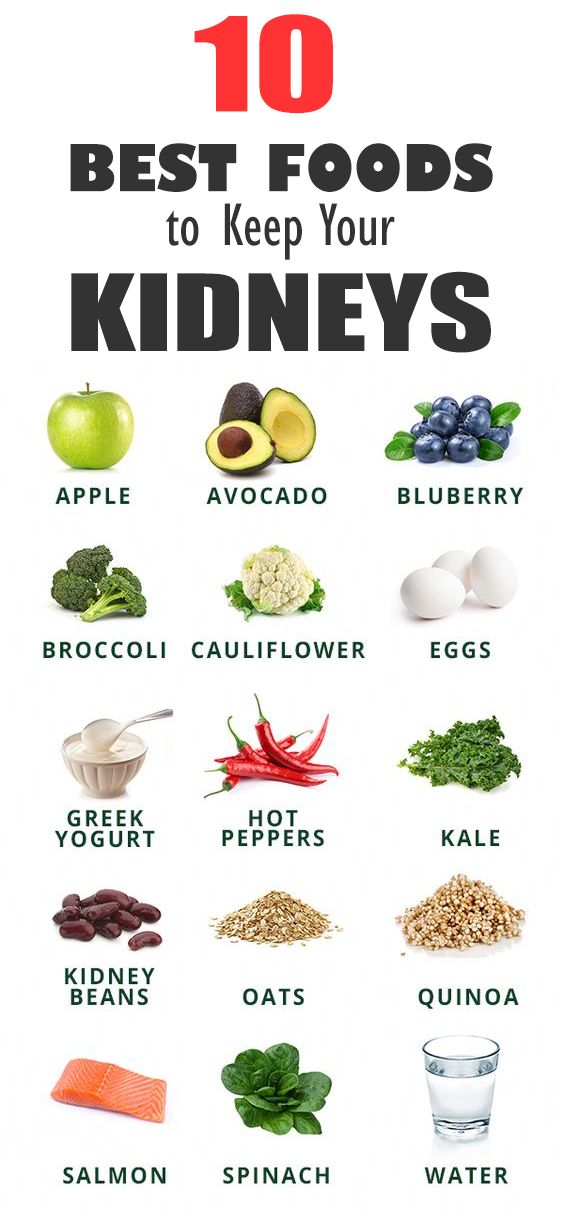
5. Balancing Potassium Intake
Maintaining a proper balance of potassium is essential for kidney health. Incorporate potassium-rich foods like bananas, spinach, and avocados, but in moderation.
A balanced diet plays a vital role in maintaining kidney health. One crucial aspect is ensuring an adequate intake of potassium while managing it properly to support kidney function. Here are some of the best foods you can eat to maintain a healthy balance:
- Leafy Green Vegetables: Include spinach, kale, and lettuce in your diet as they are low in potassium but packed with other essential nutrients.
- Apples and Berries: These fruits are rich in antioxidants and provide a good amount of fiber while being low in potassium.
- Cabbage and Cauliflower: These cruciferous vegetables are excellent sources of vitamins and minerals while being relatively low in potassium.
- Fish: Opt for fish like salmon or tuna, which are high in omega-3 fatty acids and low in potassium. They provide a good protein source for a healthy kidney diet.
- Egg Whites: When looking for a low-potassium protein source, egg whites are a great option as they contain high-quality protein without the potassium found in the yolk.
Remember, maintaining a balance is crucial. It is advisable to consult a healthcare professional or a registered dietitian to create a personalized diet plan that meets your specific kidney health needs.
By incorporating these foods into your daily diet, you can enjoy a tasty and kidney-friendly way of eating while supporting your overall well-being.
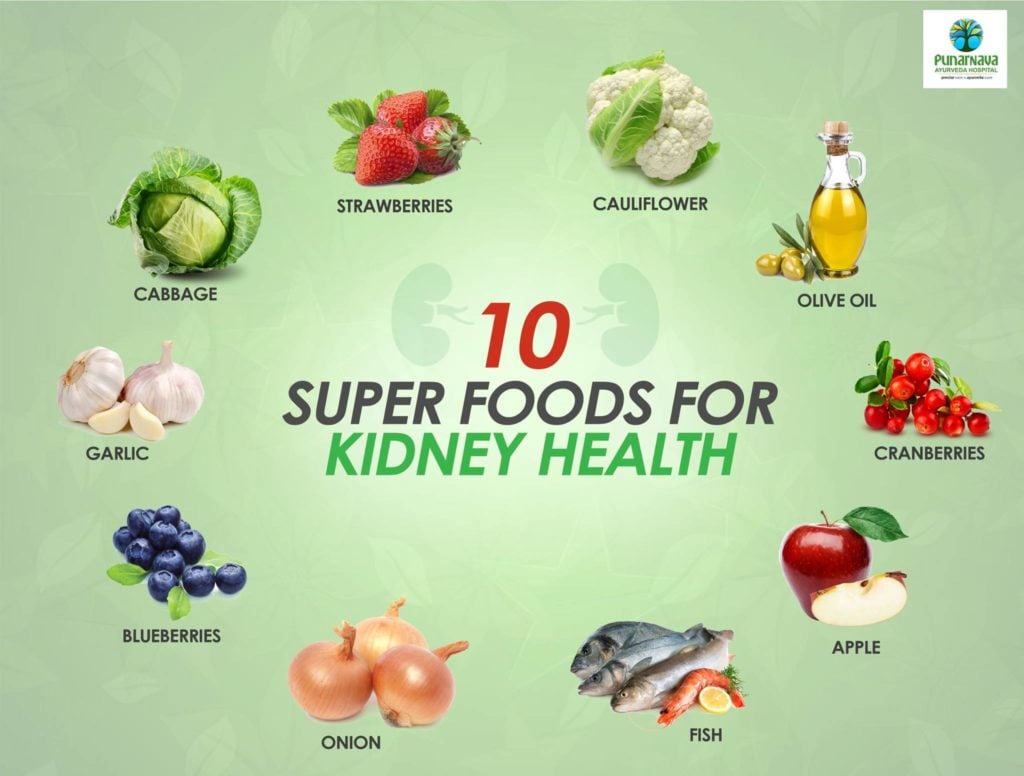
6. Limiting Phosphorus-Rich Foods
For individuals with kidney problems, limiting phosphorus intake is crucial. Avoid or limit high-phosphorus foods like processed meats, cheese, and carbonated beverages.
When it comes to maintaining the health of our kidneys, it is important to be mindful of our diet and make informed choices. One crucial aspect of kidney health is limiting the consumption of phosphorus-rich foods. Phosphorus is a mineral found in many foods and beverages that can be harmful to our kidneys when consumed in excess.
So, what are the best foods to eat for healthy kidneys? Here are some recommendations:
1. Fresh Fruits and Vegetables
Including a variety of fresh fruits and vegetables in your diet is essential. They are low in phosphorus and rich in vitamins, minerals, and fiber. Some great choices include apples, berries, carrots, cucumbers, and leafy greens like spinach or kale.
2. Lean Protein Sources
Opt for lean protein sources such as skinless chicken, fish, eggs, or tofu. These options are lower in phosphorus compared to high-phosphorus meats like organ meats or processed meats. Protein is crucial for our overall health, so make sure to include it in moderation.
3. Whole Grains
Whole grains like brown rice, quinoa, or whole wheat bread can be included in a kidney-friendly diet. They provide essential nutrients and fiber, making them a healthier alternative to refined grains, which should be avoided.
4. Dairy Alternatives
When it comes to dairy products, it is best to opt for alternatives that are lower in phosphorus, such as almond milk or rice milk. These options can still provide necessary calcium and nutrients without adding excessive phosphorus to your diet.
5. Limited Phosphorus-Rich Foods
Some foods naturally contain higher levels of phosphorus and should be consumed in moderation. Examples include cheese, yogurt, nuts, seeds, beans, and lentils. It is crucial to monitor portion sizes and consult with a healthcare professional or dietitian to determine the appropriate amounts for your specific needs.
Remember, maintaining a healthy diet and limiting phosphorus-rich foods is only one aspect of kidney health. Regular physical activity, staying hydrated, and following any medical advice are equally important. Take care of your kidneys, and they will take care of you!
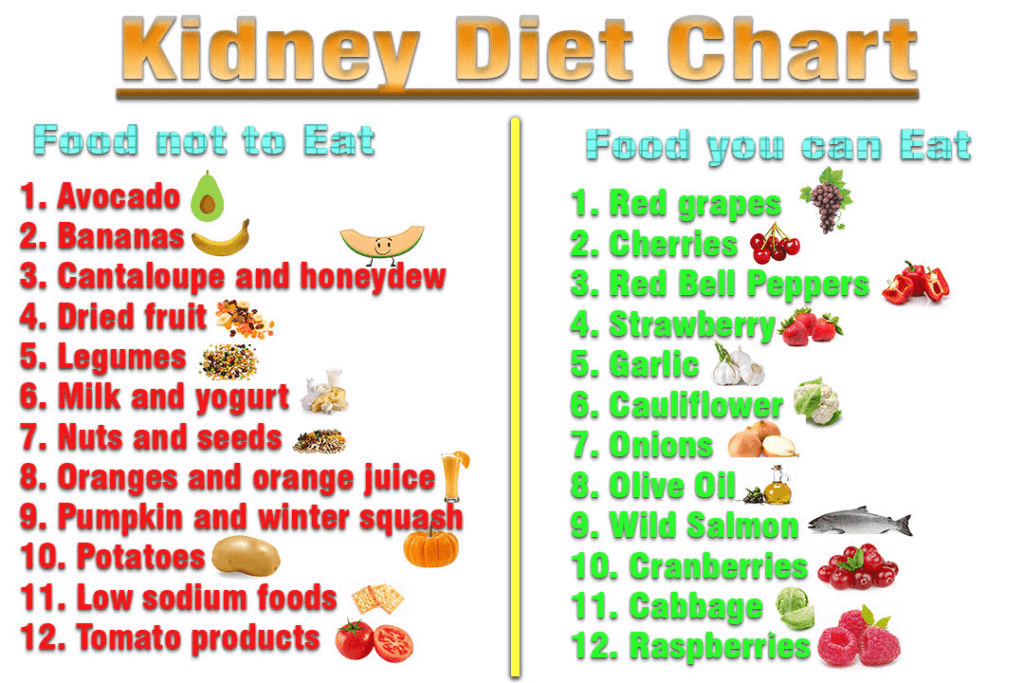
7. Moderating Protein Consumption
While protein is important, consuming excessive amounts can strain the kidneys. Balance your protein intake by opting for lean sources like poultry, fish, and dairy, while considering portion sizes.
When it comes to maintaining healthy kidneys, it is crucial to moderate protein consumption. Excessive intake of protein can put strain on the kidneys and potentially lead to kidney problems. Therefore, it is essential to know which foods are best to eat to ensure the well-being of our kidneys.
1. Fresh Fruits and Vegetables
Including fresh fruits and vegetables in your diet is beneficial for your kidneys. They provide essential vitamins, minerals, and antioxidants that promote kidney health. Opt for a variety of colorful fruits and vegetables to obtain a wide range of nutrients.
2. Whole Grains
Choosing whole grain foods such as whole wheat bread, brown rice, and quinoa can help maintain kidney health. Whole grains provide fiber and essential nutrients while being lower in protein compared to refined grains.
3. Low-Fat Dairy Products
When it comes to consuming dairy, opt for low-fat or fat-free options. Low-fat milk, yogurt, and cheese are good choices as they provide necessary calcium and protein without overburdening the kidneys.
4. Lean Protein Sources
Moderating protein consumption does not mean completely eliminating it. Incorporate lean protein sources into your diet like skinless chicken, fish, tofu, and legumes. These options provide essential amino acids while being less taxing on the kidneys.
5. Healthy Fats
Incorporating healthy fats into your diet is important for overall kidney health. Choose foods rich in unsaturated fats, such as avocados, nuts, and olive oil, to support kidney function and maintain a balanced diet.
6. Limit Processed and Fast Foods
Processed and fast foods are often high in sodium, unhealthy fats, and additives that can negatively impact kidney health. It is recommended to limit their consumption and opt for freshly prepared meals with whole food ingredients whenever possible.
7. Stay Hydrated
Maintaining proper hydration is crucial for kidney health. Drinking an adequate amount of water throughout the day helps to flush out toxins and prevent kidney stones. Aim for at least 8 glasses (64 ounces) of water per day.
By moderating protein consumption and choosing the right foods, we can promote the well-being of our kidneys and maintain optimal health. Remember, it's essential to consult with a healthcare professional or a registered dietitian before making significant dietary changes.
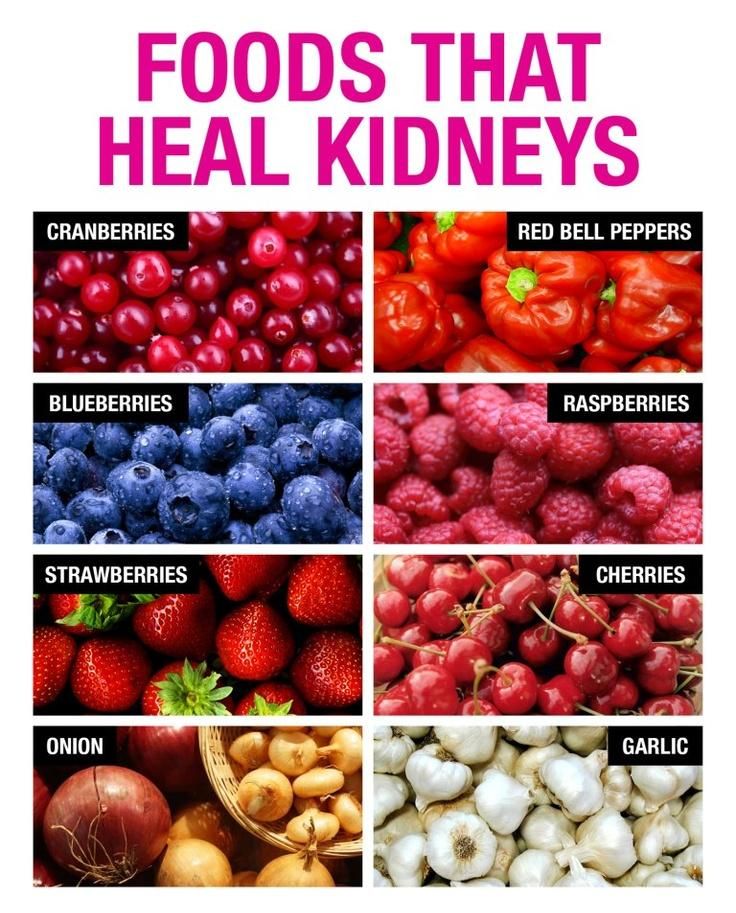
Key Takeaways
- Stay hydrated by drinking enough water to support kidney function.
- Choose low-sodium foods to prevent kidney damage caused by high blood pressure.
- Incorporate plant-based proteins and antioxidant-rich foods into your diet.
- Balance potassium intake by consuming potassium-rich foods in moderation.
- Limit high-phosphorus foods to promote kidney health.
- Moderate protein consumption and opt for lean sources.
FAQ
Q: Are there any specific foods that should be completely avoided for kidney health?
A: While each individual's dietary needs may vary, it is generally advised to limit the consumption of processed foods, sugary beverages, and foods high in saturated fats.
Q: Is it necessary to consult a healthcare professional before making significant dietary changes for kidney health?
A: Yes, it is highly recommended to consult a healthcare professional, particularly if you have existing kidney issues or are on medication, to ensure that your dietary choices align with your specific needs.
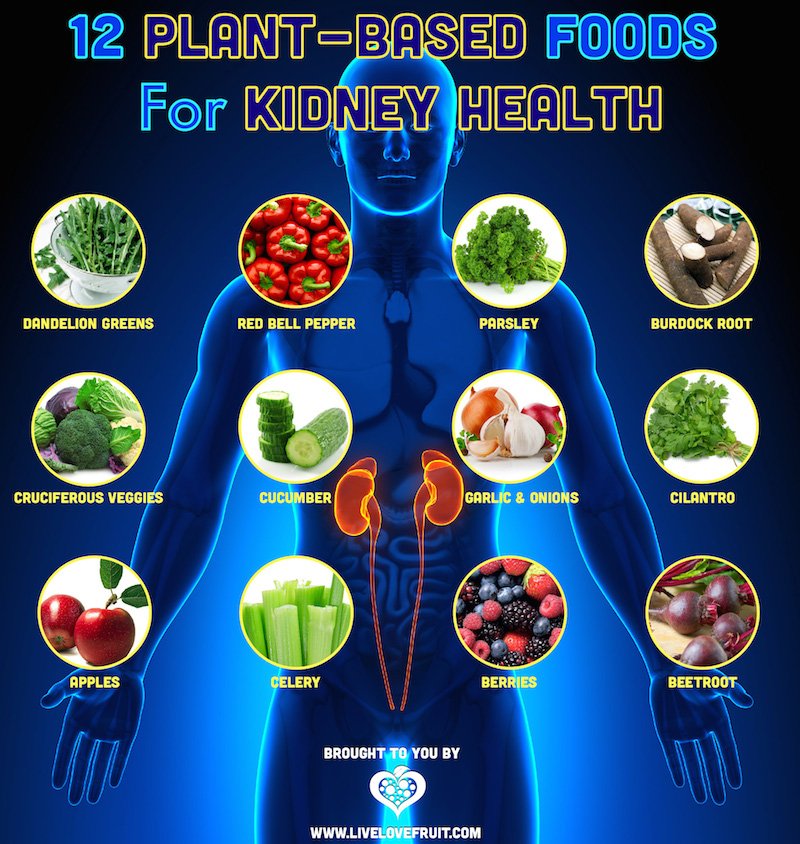


Recent Comments